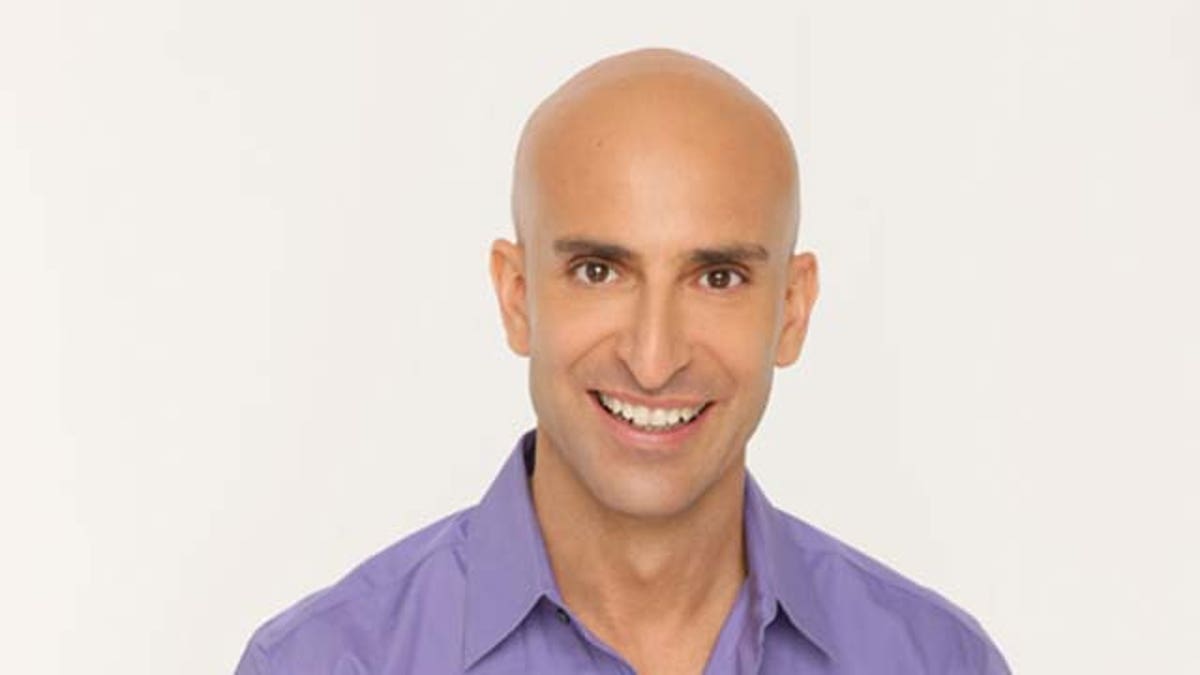
Manuel Villacorta
Recently, I revisited my childhood home, Peru. And while I’ve always noticed the vast differences between my native country and the U.S., this time I noticed just how many factors here challenge our pursuit of a healthy life.
In most Latino and Southern American cultures, the main meal—almuerzo—is consumed in the afternoon. Here in America, people often skip eating throughout the day, or choose poor snack options—and consume a large meal at night. This distinction alone can lead to several health-related issues, as skipping food during the day sets a poor precedent for healthy practices.
For some reason, Americans believe that eating later in the evening is detrimental or causes weight gain, which simply is not true. The problem comes when that’s the only meal eaten over the course of a day. In many Latino countries—not to mention European ones—people eat dinner at 9 p.m. routinely with no problem.
The problem related to eating late is all about the quantity and quality of the food consumed, not the hour at which it is eaten. If you eat after 7 p.m., you won’t suffer any negative consequences. The issue for most busy Americans is that food is not regularly consumed throughout the day, so dinner becomes the main meal. Hectic schedules, stress and a lack of planning all contribute to common reasons some do not eat over the course of a day. When dinner becomes one’s main source of energy, it’s easy to over-consume as the body is often starved by that time.
Optimal health and effective weight loss require eating small, smart portions throughout the day, and even into the evening. Your body and brain need to be fueled on a regular, consistent basis, even if you are not active. The reason is because our bodies contain a hormone called Ghrelin, which is a hunger hormone. It determines the amount of food we eat as well as our weight.
If food is not regularly consumed, ghrelin production spikes, driving us to overeat. That’s why eating throughout the day is beneficial—it controls your Ghrelin level, which, in turn, controls your hunger. Eating throughout the day also keeps your metabolism active, which aids in weight management.
I recommend following the 70 percent rule, which means you should consume 70 percent of your calories before dinner, leaving 30 percent of your calories for your evening meal. This 30 percent can be eaten at any time of the evening, as long as you allow 90 minutes to digest it before you go to sleep.
Often, people consume a high-calorie meal in front of the TV, which causes them to fall asleep right away. This can lead to digestive problems and reflux.
So start your day off right—by eating breakfast within an hour of waking. If you exercise in the morning, consume a pre-workout snack, followed with breakfast after your workout. Then eat something sensible every 3 – 4 hours.
I don’t care what you call the meal, just eat!
Manuel Villacorta is a registered dietitian (RD) and certified specialist is sports dietetics (CSSD) with more than 16 years of experience. He is a national media spokesperson for the American Dietetic Association and the creator of the Eating Free weight management program (an international, Internet-based weight loss and weight management program). He is an in-demand health and nutrition expert on both local and national television and radio, and in articles in print publications and online. Villacorta is the owner of San Francisco-based private practice MV Nutrition, the recipient of two consecutive ‘‘Best Bay Area Dietitian’’ awards (2009 and 2010) from the San Francisco Chronicle and Citysearch.
